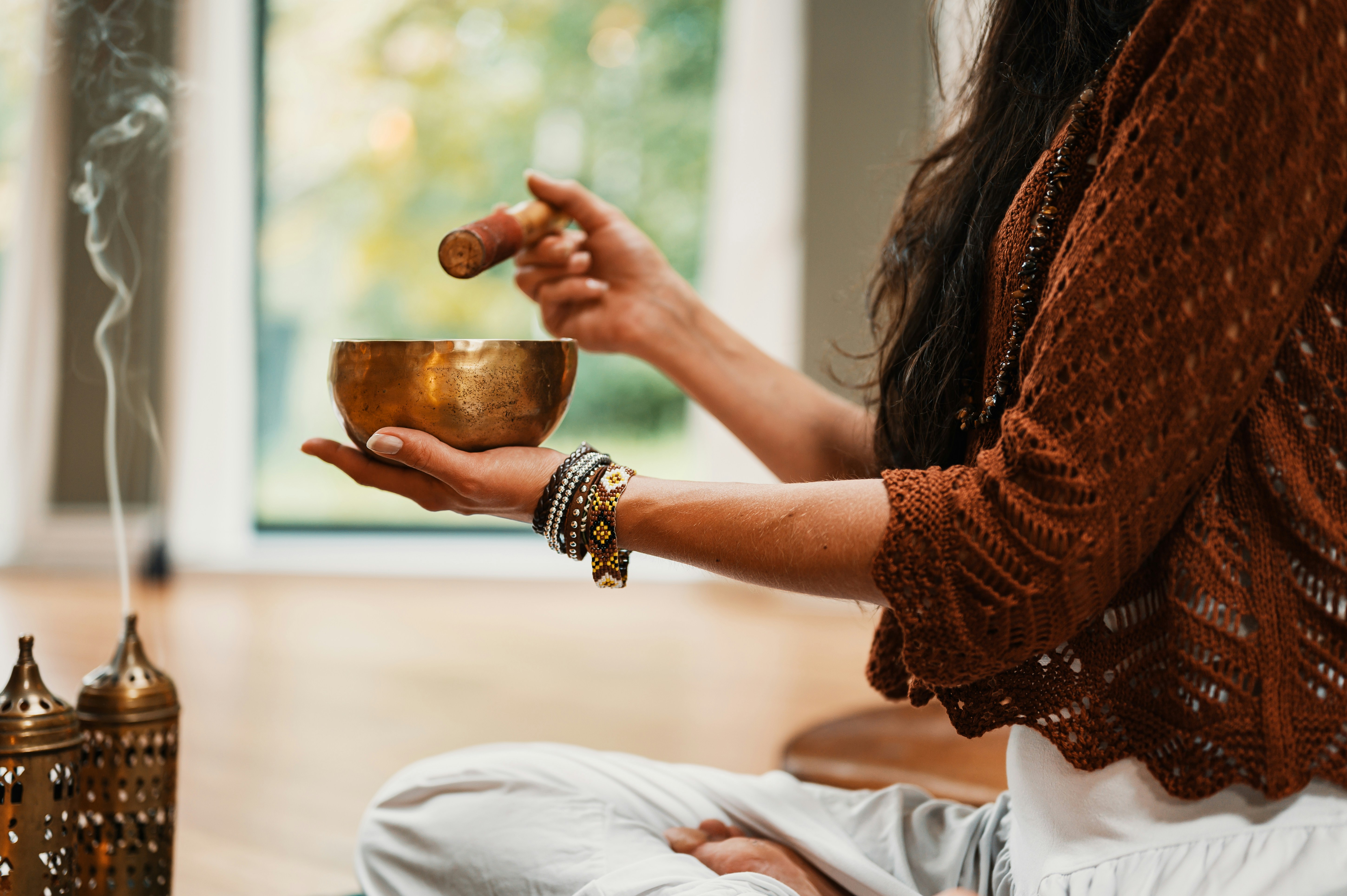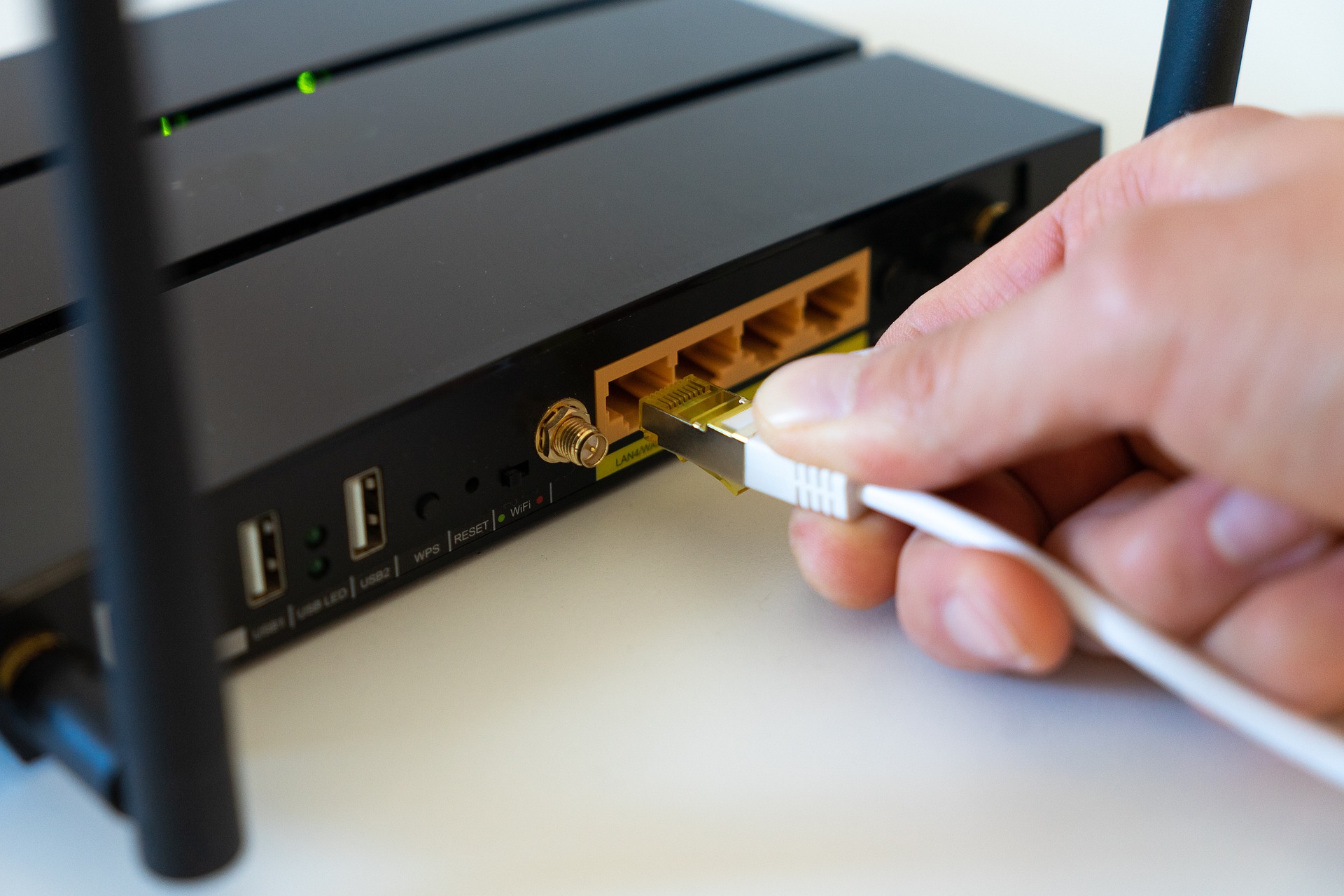Rejuvenating Power of Traditional Ayurvedic Self-Care Practices
The beauty and fitness industry constantly evolves with new trends and practices. However, the wisdom from traditional systems of health and wellness continues to hold relevance, offering a fresh perspective in this dynamic landscape. One such system is Ayurveda, an ancient Indian science of life and longevity. This article delves into the historical context of Ayurvedic self-care practices, current industry trends, and their impact on the market.

Ayurveda: A Historical Overview
Ayurveda, a Sanskrit word meaning ‘science of life,’ has its roots in the ancient Vedic civilization of India. It dates back to 5000 BCE, making it one of the world’s oldest systems of medicine. Central to Ayurveda’s philosophy is the concept of a balanced body, mind, and spirit—achieved through natural remedies, dietary regulations, and specific lifestyle practices.
Ayurvedic Practices: A Contemporary Relevance
Ayurveda’s holistic approach to health and wellness aligns with modern desires for natural, sustainable, and personalized care. Traditional practices like self-massage (Abhyanga), tongue scraping, and oil pulling have gained popularity for their potential benefits to skin health, oral hygiene, and overall wellness.
Abhyanga: A Luxurious Ritual for Skin Health
Abhyanga, a daily self-massage with warm oil, is a cornerstone of Ayurvedic self-care. It is believed to nourish the skin, promote circulation, and induce relaxation. Recent studies corroborate these claims, suggesting potential benefits in skin hydration, improved circulation, and stress reduction.
Tongue Scraping: A Simple Practice for Oral Hygiene
Tongue scraping, using a metal ‘scraper’ to clean the tongue, is another Ayurvedic practice gaining traction. It is believed to remove bacteria, enhance taste perception, and promote oral hygiene. Research supports these claims, suggesting that tongue scraping can reduce bacteria associated with bad breath and oral diseases.
Oil Pulling: An Ancient Detox Technique
Oil pulling, swishing oil in the mouth for 15-20 minutes, is touted as a detoxification technique. It is claimed to pull toxins from the body, promote oral health, and even whiten teeth. While more research is needed to confirm these benefits, preliminary studies suggest potential for reducing bacteria, plaque, and gingivitis.
The Global Impact of Ayurvedic Practices
The current trend towards natural, holistic wellness has catapulted Ayurvedic practices into the global spotlight. Market analysis reveals a growing consumer interest in Ayurveda, with the Ayurvedic products market projected to reach USD 14.9 billion by 2026.
A Timeless Wisdom in Modern Times
In conclusion, Ayurvedic self-care practices offer a unique, time-honored approach to beauty and wellness. Their emphasis on natural, personalized care aligns with modern consumer preferences, contributing to a growing market presence. As research continues to validate these ancient practices, their relevance in the contemporary beauty and fitness industry is likely to strengthen.




